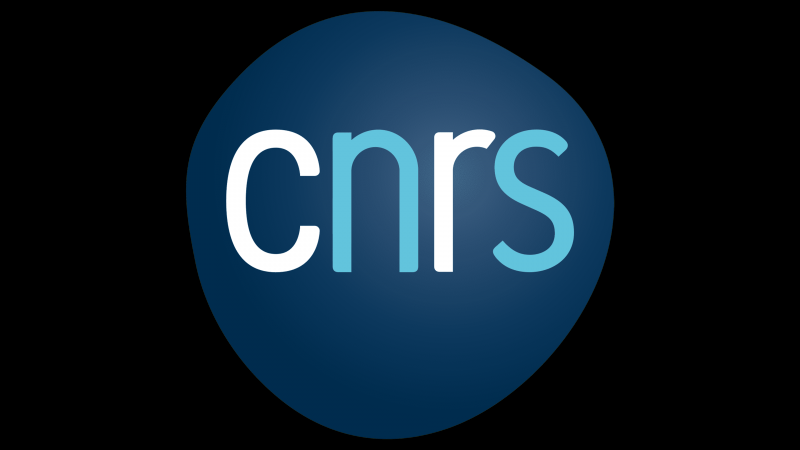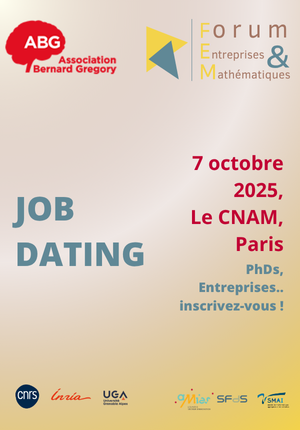Pulsar and fast transient studies in radio domain
| ABG-132781 | Sujet de Thèse | |
| 07/07/2025 | Financement public/privé |

- Terre, univers, espace
- Science de la donnée (stockage, sécurité, mesure, analyse)
Description du sujet
Pulsars are highly magnetized, rapidly rotating neutron stars. Thanks to the extreme stability of pulsar rotation, pulsars are considered “cosmic clocks” with a wide range of astrophysical applications. One notable example is the measurement with high evidence for Gravitational Waves via the Pulsar Timing Array (PTA) experiment recently announced in 2023. Pulsar discoveries have directly resulted in two Nobel prizes (1974 and 1993); finding more pulsars is therefore a gateway to new science. Pulsar searching has also indirectly led to the discovery of the new phenomenon of Fast Radio Bursts (FRBs), which are energetic bursts of radio waves coming from extragalactic distances. The precise nature of FRBs is still a mystery and is the driver of an active, ongoing research field.
On the technological side, recent advancements have enabled astronomers to digitize the radio sky with unprecedented resolution, providing sensitivity to transient phenomena to which we would have otherwise been blind. The $2-billion Square Kilometre Array (SKA) project is a multinational effort to build the most sensitive radio telescope ever constructed. France has officially joined the SKA, and enabling the SKA is high on the national science agenda. With the SKA coming online in the near future, it is thus an exciting time to join the radio astronomy community. The LPC2E ASTRO team is involved in a range of SKA Pathfinder projects, including but not limited to NenuFAR, LOFAR, MeerKAT, Parkes, CHIME and CHORD. These instruments are already providing useful insights in the preparation for SKA. In addition, there are also huge scientific potentials we can realize with these high-quality data sets, for example, in searching for pulsars, FRBs, as well as PTA analyses.
We have the flexibility to adapt the scientific direction of this PhD position to the profile of the student(s). Depending on the aptitude of the candidate(s), the project could be oriented on the instrumentation and the development of signal processing algorithms, time series data processing and modeling, statistical analysis and parameter estimation using Bayesian inference, and/or the exploitation of Machine Learning (ML) based algorithms to reduce false positives caused by human generated interference signals in the observational data as opposed to genuine astrophysical signals. Candidates are invited to contact the potential supervisors (Gilles Theureau, Cherry Ng-Guiheneuf, Aurélien Chalumeau) to discuss further details of these opportunities. At the end of the PhD, we expect the student to become fully proficient in radio astronomical signal processing and an expert in time domain data analysis, particularly in the area of pulsars and fast transients. The PhD student will also take the lead on conducting a follow-up study of pulsar discoveries using the Nançay Radio Telescope (NRT) and the NenuFAR telescope at the Nançay Radio Astronomical Observatory in France.
The PhD student will be hosted by the ASTRO team at the LPC2E in Orleans. The team boasts the largest pulsar research group in France and is closely affiliated with the Nançay Radio Astronomical Observatory in the Forest of Sologne. The PhD student will also have the opportunity to travel to collaborate with other partnering radio facilities mentioned above, as well as to present the research work at international conferences. A laptop will be provided, along with access to necessary computing resources.
Nature du financement
Précisions sur le financement
Présentation établissement et labo d'accueil
The ASTRO team at the LPC2E/CNRS in Orleans boasts the largest pulsar research group in France and is closely connected to the Nançay Radio Astronomical Observatory in the forest of Sologne.
Contact info for the potential supervisors:
- cherry.ng-guiheneuf@cnrs-orleans.fr
- Gilles.Theureau@obspm.fr
- chalumeau@astron.nl
Site web :
Profil du candidat
Applicants should have an undergraduate and/or master’s degree in Astronomy (or closely related fields), full-time commitment, and a good command of the English language. Previous research experience is beneficial.
Vous avez déjà un compte ?
Nouvel utilisateur ?
Vous souhaitez recevoir nos infolettres ?
Découvrez nos adhérents
 PhDOOC
PhDOOC  MabDesign
MabDesign  Tecknowmetrix
Tecknowmetrix  CESI
CESI  Aérocentre, Pôle d'excellence régional
Aérocentre, Pôle d'excellence régional  TotalEnergies
TotalEnergies  ANRT
ANRT  Ifremer
Ifremer  Groupe AFNOR - Association française de normalisation
Groupe AFNOR - Association française de normalisation  CASDEN
CASDEN  ONERA - The French Aerospace Lab
ONERA - The French Aerospace Lab  Généthon
Généthon  Institut Sup'biotech de Paris
Institut Sup'biotech de Paris  ADEME
ADEME  Laboratoire National de Métrologie et d'Essais - LNE
Laboratoire National de Métrologie et d'Essais - LNE  Nokia Bell Labs France
Nokia Bell Labs France  ASNR - Autorité de sûreté nucléaire et de radioprotection - Siège
ASNR - Autorité de sûreté nucléaire et de radioprotection - Siège  MabDesign
MabDesign  SUEZ
SUEZ


